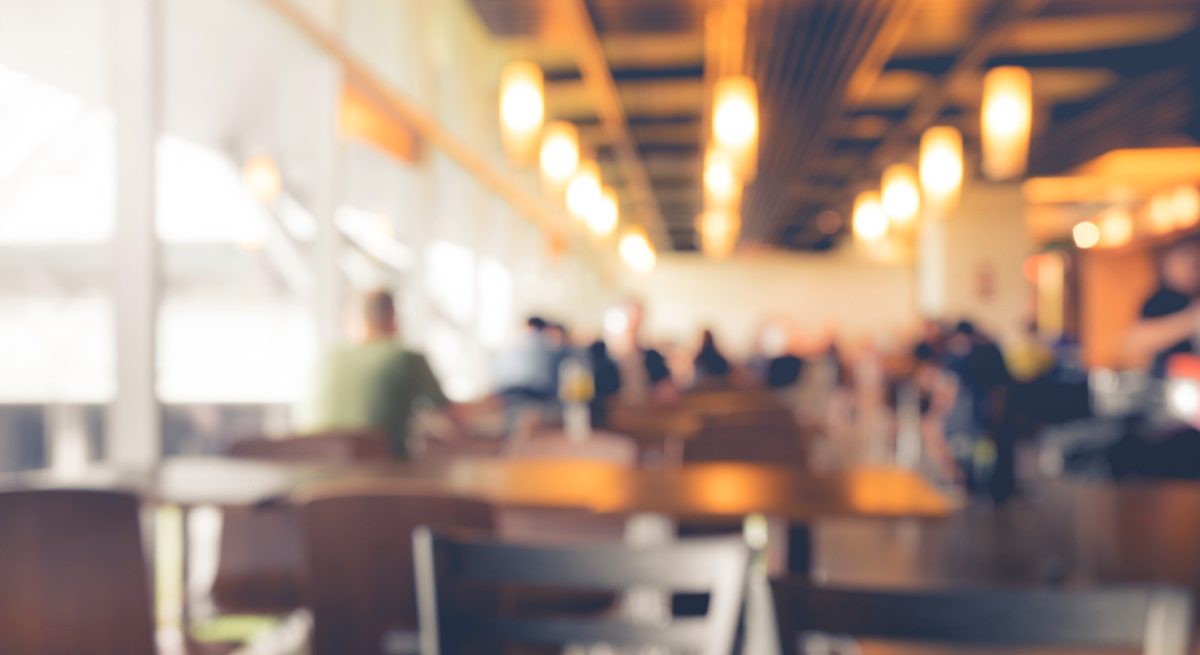A Combination of Traditional, Remote Audits and Self-Auditing Will Trend into the Future
3 Min Read By Kari Hensien
Restaurants have traditionally relied on annual, biannual, or quarterly audits, where an inspector visits the facility and conducts an in-person assessment of health and safety protocols. The pandemic – and related travel disruptions – meant that in-person audits were largely paused, yet food businesses still needed the inspections and data to ensure compliance and remediate risks.
Luckily, our industry is resilient. Restaurants that survived this crisis demonstrated their flexibility and tenacity as they adapted their business models – including the way they conducted safety and quality checks – during the pandemic.
Remote auditing (or virtual auditing) is not a new concept, but it became much more widely adopted in the past year and a half, as restaurants needed inspections and data, but couldn’t rely on traditional audits. Here’s some key information to know about remote audits:
Remote Audits are Thorough and Comprehensive
Remote audits cover everything that onsite audits do, as virtual inspectors review programs and procedures, interview employees about protocols, examine company records, inspect for cleanliness, and identify potential risks. Using livestreaming and teleconferencing options, the auditor will virtually view the facility, talk to the staff, ask questions about protocols, and check for any nonconformances.
A Combination Auditing Approach Will Become the Norm
The trend moving forward will blend traditional audits with remote audits and self-assessments for a more frequent, comprehensive review of food safety and quality across a business. There are benefits to each of these auditing methods. For instance, remote auditing is a flexible, cost-effective way to spot-check compliance between annual audits and focus your attention where it’s needed most.
More Frequent Assessments Are Valuable
In-person audits provide a point-in-time snapshot, but remote audits allow restaurants to move toward a continuous quality model. More frequent assessments provide additional transparency, allowing restaurants to identify and mitigate more risks. Using a combination of self-assessments, remote audits, and in-person inspections will offer the “best of all worlds,” boosting protection for customers, employees, and brands.
Remote Audits Offer Distinct Food Safety Benefits
Often, employees dread visits from in-person auditors, thinking they will “get in trouble” for any safety infractions. Remote audits provide more of a team approach, engaging employees in the process and allowing them to learn more about protocols, compliance, and risks. When employees participate in the audit and ask questions, they become more invested and empowered in the food safety process. This unique hands-on learning opportunity is invaluable and will help improve compliance in day-to-day operations.
More Options Provide Flexibility in our 'New Normal'
In-person audits will remain an essential part of the safety and quality process, but they’re no longer the only option. Virtual audits can supplement traditional audits, which is a huge asset when in-person, third-party inspections are disrupted for any reason (including a pandemic). Remote audits, which are often conducted more frequently than in-person inspections, are a smart way to gain real-time, continuous views of your facility and team. Virtual audits can also cut costly travel expenses associated with traditional, in-person audits.
It Streamlines the Auditing Preparation and Paperwork
Preparing paper documents for in-person audits can be time-consuming and tedious. Now, restaurant employees can simplify the process by using technology on their smartphones to easily record actions that are automatically time-stamped, geolocated, and securely saved. This helps restaurants shift from periodic safety checks to more continuous recordkeeping and monitoring. With remote auditing, employees can easily share reports and records digitally. That way, an auditor can review documentation in advance and come to the virtual audit with specific questions, saving time and hassle.
A Commitment to Health and Safety Will Attract Customers
Whether or not the world is in a pandemic, restaurants will win customer trust – and business – if they demonstrate a consistently clean and safe customer experience. Frequent audits help reinforce your commitment to extraordinary health protocols and providing an exceptional customer experience.
Monitoring food safety and quality has always been critical in restaurants, and that need has heightened during the pandemic. In addition to existing food safety protocols, COVID-19 has added another layer of processes and procedures to our daily routines. Virtual audits have been adopted and embraced as a smart way to monitor food safety and quality. Restaurants and other food businesses will continue relying on a combination of self-assessments, as well as traditional and remote audits to demonstrate their ongoing commitment to quality and safety.


